Pakistan’s tax system under fire as high rates, narrow net squeeze economy
Kamran Khan says Pakistan’s tax system is crippling business, scaring off investors, and pushing talent abroad
News Desk
The News Desk provides timely and factual coverage of national and international events, with an emphasis on accuracy and clarity.
Pakistan’s troubled economy is facing renewed scrutiny over its tax system, which experts and business leaders say is one of the country’s deepest structural flaws.
Kamran Khan said in his latest vlog that Pakistan’s tax regime is both restrictive and punitive — with among the world’s highest tax rates but one of the narrowest tax nets.
He argued that the imbalance not only discourages foreign investment but also pushes local businesses and professionals to leave the country.
Heavy burden, weak regulator
Khan criticized the Federal Board of Revenue (FBR), saying few Pakistanis expect efficiency or fairness from the regulator. He noted that both salaried workers and businesses consider the tax burden unbearable.
Foreign investors, he said, shy away from Pakistan when they see corporate taxes nearing 40 percent, while many local entrepreneurs seek to relocate abroad. For ordinary citizens, emigration has become a top priority.
Pakistan’s richest man, Mian Muhammad Mansha, echoed the concerns in a recent post on social media. Comparing Dubai and the United Kingdom, he noted that tax structures shape decisions about where people live and invest.
Dubai imposes no income, value-added, or capital gains taxes, with corporate tax set at 9 percent. The U.K., by contrast, levies between 12 and 45 percent across various categories. Mansha pointed to a report showing 16,500 wealthy individuals leaving Britain this year for the United Arab Emirates.
Khan said Pakistan should take note: if high taxation is driving people away from developed economies, it is no surprise that Pakistanis are fleeing even faster.
Global comparison
Pakistan’s corporate tax rate of 39 percent — after adding surcharges and levies — is among the highest in the world. Banks pay even more, with effective rates climbing to 54 percent after additional charges.
By contrast, corporate tax is 21 percent in the United States, 20 percent in Saudi Arabia, Taiwan, and Vietnam, 16 percent in Hong Kong, 15 percent in Kuwait, 14 percent in Switzerland, and 9 percent in the UAE.
The imbalance shows in foreign investment. Pakistan attracted just $2.45 billion in foreign direct investment last year, but outflows cut the net inflows to only $1.8 billion.
The salaried squeeze
Salaried workers face a maximum income tax rate of 35 percent, comparable to advanced economies. But unlike in Europe or North America, Pakistan provides little in the way of social security or public services in return.
Khan said employees see taxes deducted from their paychecks before they even receive them, only to be hit again with levies on electricity, gas, fuel, and everyday goods.
A narrow base
Pakistan’s small tax net worsens the problem. By June 2025, just 5.8 million of the country’s 250 million citizens filed tax returns — roughly 2 percent of the population. Of those, nearly one-quarter declared no taxable income.
As a result, Pakistan’s tax-to-GDP ratio stands at just 9 to 10 percent, far below India’s 12 percent, Sri Lanka’s 14 percent, and Nepal’s 22 percent.
Khan highlighted that an estimated 40 percent of Pakistan’s economy remains undocumented. Agriculture, retail, restaurants, jewelers, and catering services often operate outside the tax system, relying on cash to avoid scrutiny.
This leaves the burden on compliant businesses and the salaried class, while tax evaders continue unchecked.
FBR’s inertia
While the government has recently tried to tighten rules for non-filers, Khan said there is little evidence of structural reform.
He argued that the FBR remains focused on squeezing taxpayers rather than modernizing and broadening the tax base. Unless tax rates are lowered and the net is widened, he warned, Pakistan’s economic crisis will only deepen.


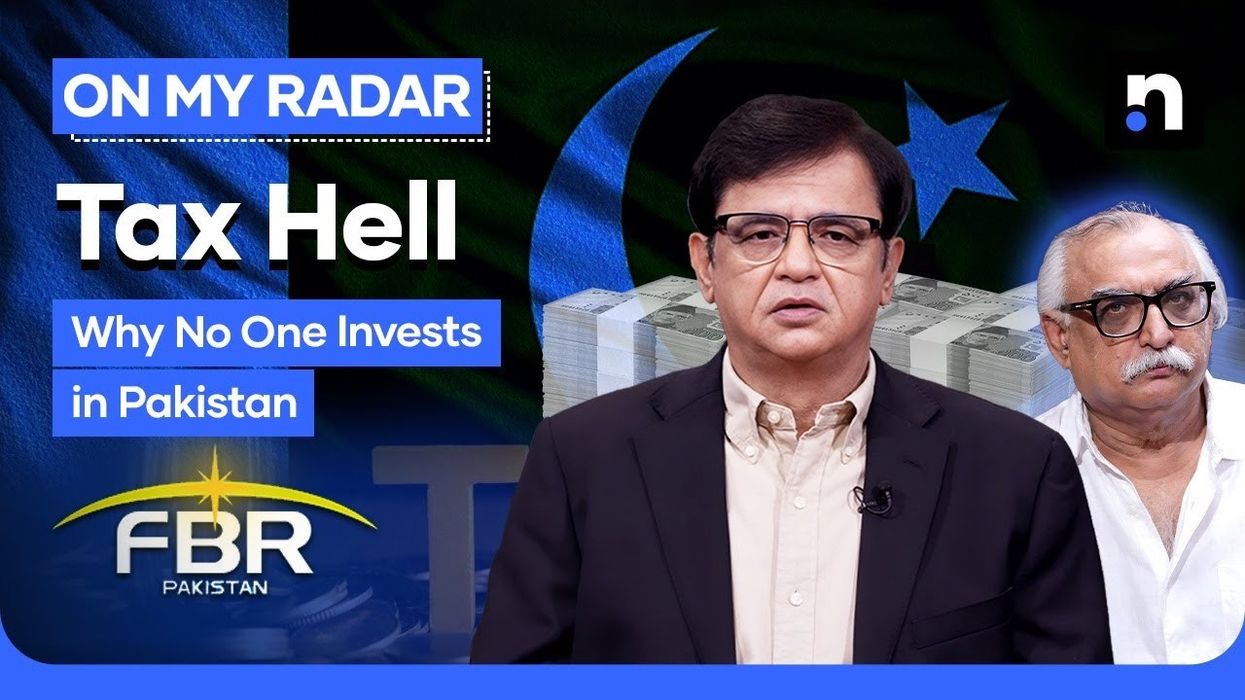
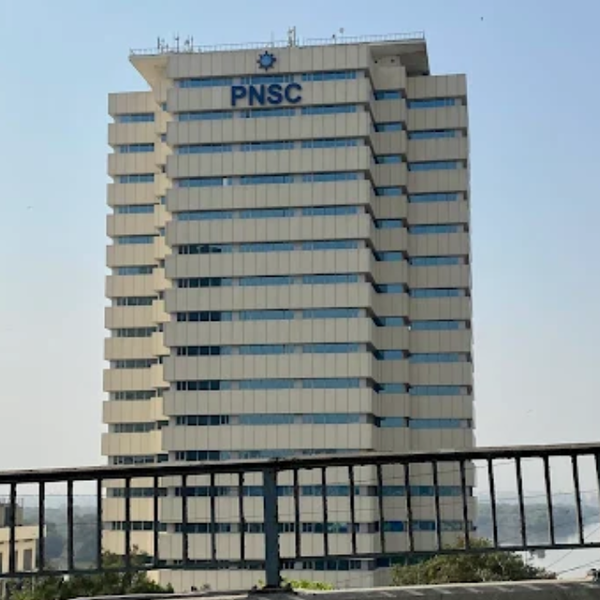
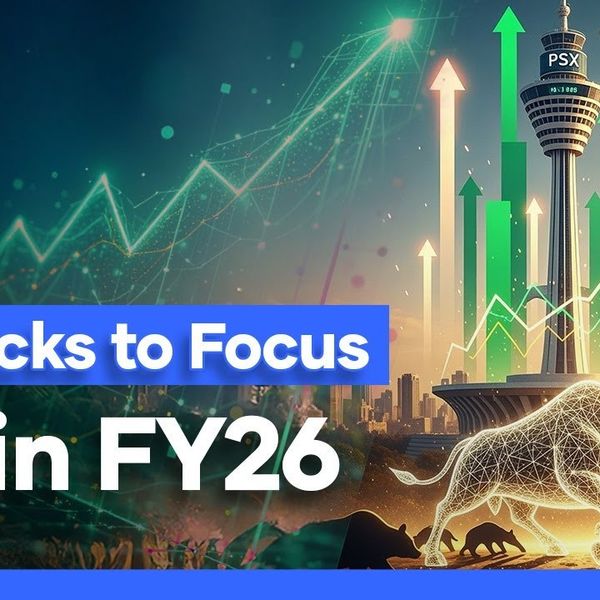
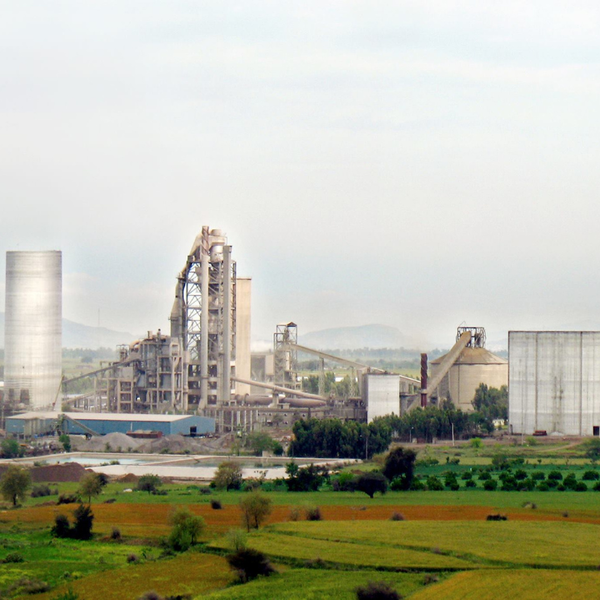
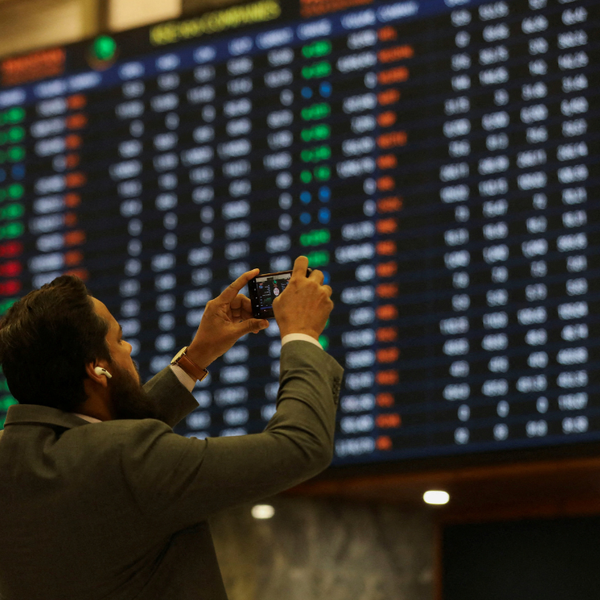

Comments
See what people are discussing